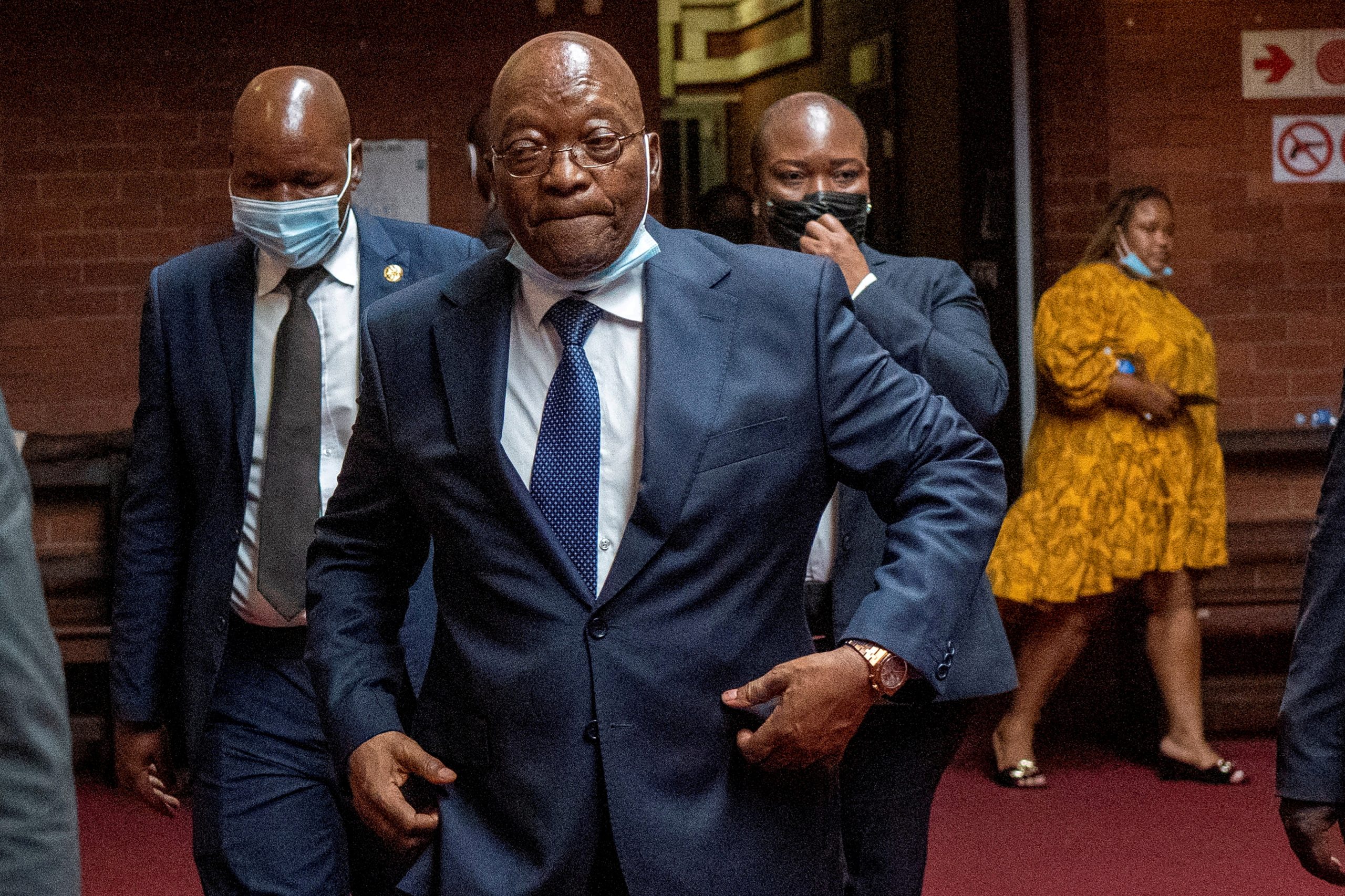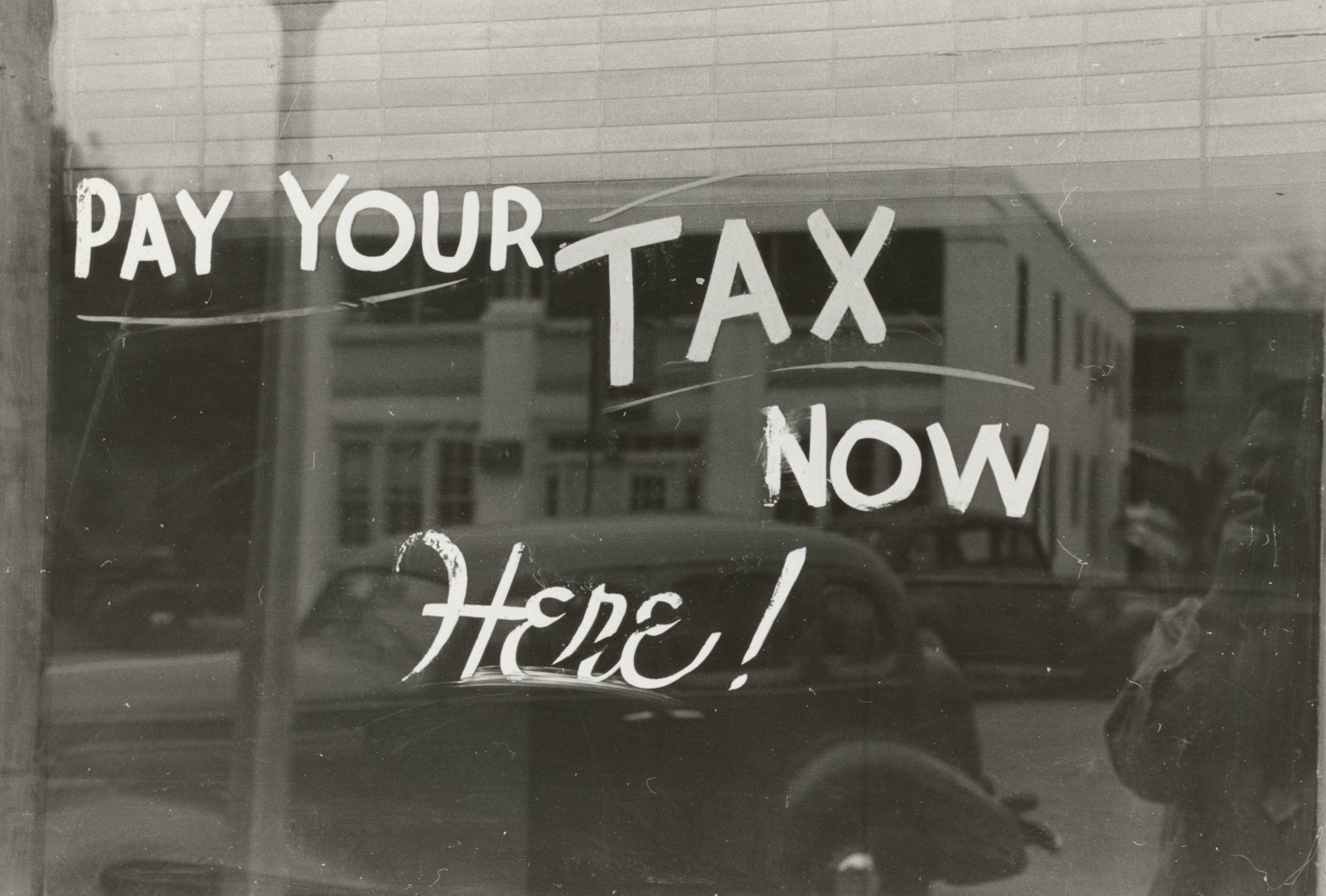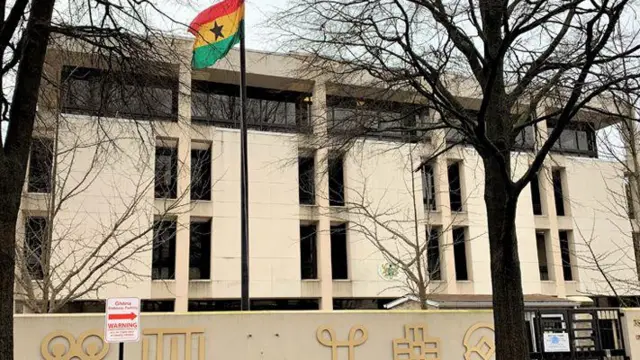Introduction
The Zuma Trial is one of the most significant legal cases in South Africa’s recent history. At its core, the case involves Duduzile Zuma-Sambudla, the daughter of former President Jacob Zuma, who stands accused of inciting the deadly unrest that took place in July 2021. The unrest, sparked by her father’s arrest, led to widespread looting, violence, and the deaths of over 300 people. Duduzile Zuma-Sambudla’s alleged role in these events centers on her WhatsApp posts, which prosecutors claim incited violence. While Zuma-Sambudla denies the allegations, the trial brings to light critical questions about social media’s role in political discourse and public unrest. This article will explore 7 key points to understand about the Zuma Trial, highlighting the legal challenges, expert testimonies, and the broader implications of the case.
The Central Role of Social Media in the Zuma Trial
Social media has become a focal point in the Zuma Trial, with the prosecution focusing on WhatsApp posts allegedly made by Duduzile Zuma-Sambudla. These posts, which were circulated during the height of the unrest, are central to the argument that her words incited the violence that spread across the country.
WhatsApp, a widely used private messaging platform, is under scrutiny for its role in political expression. The trial raises important questions about the reach and responsibility of digital platforms in preventing the spread of harmful content. While social media is a space for free expression, the case explores whether certain forms of speech cross the line into incitement, particularly when they lead to public unrest.
The Debate Over Free Speech vs. Incitement
At the heart of the Zuma Trial is a critical legal debate: the balance between free speech and the prohibition of incitement. In South Africa, freedom of speech is a constitutional right, but this freedom does not extend to speech that incites violence, discrimination, or harm. The defense team for Duduzile Zuma-Sambudla argues that her posts were expressions of her personal views and were not intended to incite violence.
On the other hand, the prosecution claims that her words did, in fact, contribute to the violence that ensued. This case raises an important question about the limits of free expression, particularly in a politically charged environment. The court’s ruling on this issue could have long-lasting effects on how free speech is defined in the digital age.
Expert Testimony: Emma Sadleir’s Role in the Trial
A key part of the Zuma Trial is the expert testimony provided by media law specialist Emma Sadleir. As the state’s fourth witness, Sadleir will be analyzing Zuma-Sambudla’s WhatsApp posts to determine whether they fit the legal definition of incitement. Her expertise in media law will be critical in helping the court navigate the complexities of digital speech and its potential to influence public behavior.
Sadleir’s testimony will also provide insight into the role of social media platforms in political mobilization and the risks of harmful content spreading rapidly. Her analysis will help clarify whether Zuma-Sambudla’s posts were a form of political expression or if they crossed into unlawful incitement.
Legal Challenges in Defining Incitement in the Digital Era
The Zuma Trial also raises the question of how the law should define incitement in the digital era. Traditionally, incitement was viewed in the context of public speeches, printed materials, or direct calls for violence. However, in the age of social media, the lines between personal expression and harmful incitement have become increasingly blurred.
Zuma-Sambudla’s posts were made in a private messaging context, but their potential to incite violence remains a key issue. This trial is likely to set important legal precedents for how digital content is interpreted by the courts, particularly when it comes to private messages and online communication that can be shared widely and quickly.
The Economic and Social Impact of the July 2021 Unrest
The July 2021 unrest had devastating consequences for South Africa, both socially and economically. The violence resulted in the deaths of more than 300 people, extensive property damage, and widespread looting. It also led to a sense of national instability, with many questioning the role of political figures, including Duduzile Zuma-Sambudla, in inciting the unrest.
The Zuma Trial will determine whether Zuma-Sambudla’s online speech played a significant role in the escalation of the protests. The trial’s outcome could influence public perception of the unrest and shape future legal approaches to handling political speech in times of crisis.
The Impact of the Zuma Trial on South African Politics
The Zuma Trial is also significant for its potential to influence South African politics. Jacob Zuma, the former president, has been a highly polarizing figure, and the case against his daughter has sparked debate over political accountability. The trial is a flashpoint for many who view it as an extension of the broader political battles in the country.
As the trial progresses, its impact on the political landscape will become more apparent. The case could further polarize opinions about Zuma’s leadership and his influence on South Africa’s political culture. The way the trial is handled may also affect how future generations of political leaders and influencers use social media to communicate with the public.
The Future of Social Media Regulation in South Africa
The Zuma Trial has broader implications for social media regulation in South Africa. The increasing influence of digital platforms in shaping public discourse is a growing concern for governments around the world. In South Africa, the trial is bringing attention to the need for clearer regulations surrounding political speech and incitement online.
If the court rules that Zuma-Sambudla’s WhatsApp posts amounted to incitement, it could lead to increased regulation of social media platforms in South Africa. This may include tighter controls over the type of content shared during politically sensitive periods. The trial could help shape the future of social media regulation, ensuring that platforms are held accountable for the content they host.
FAQs
1. What is the Zuma Trial about?
The Zuma Trial involves Duduzile Zuma-Sambudla, who is accused of inciting the July 2021 unrest in South Africa through her WhatsApp posts. The trial examines whether her posts contributed to the violence.
2. What role does expert testimony play in the Zuma Trial?
Emma Sadleir, a media law expert, is analyzing Zuma-Sambudla’s WhatsApp posts to determine if they fit the legal definition of incitement. Her testimony will be crucial in understanding the legal implications of digital speech.
3. How will the Zuma Trial impact social media regulation?
The Zuma Trial may set precedents for how social media content is regulated in South Africa, particularly when it comes to political speech and incitement during times of unrest.
Conclusion
The Zuma Trial is not only about the actions of one individual but raises crucial questions about the role of social media in political movements and the boundaries of free speech. As the case unfolds, the legal implications surrounding digital content, incitement, and political accountability will continue to shape the discourse. The trial’s outcome will set important precedents for how courts handle social media posts in times of unrest and political instability. With its potential to influence South Africa’s approach to social media regulation, the Zuma Trial is a pivotal moment in the intersection of law, politics, and digital communication.




